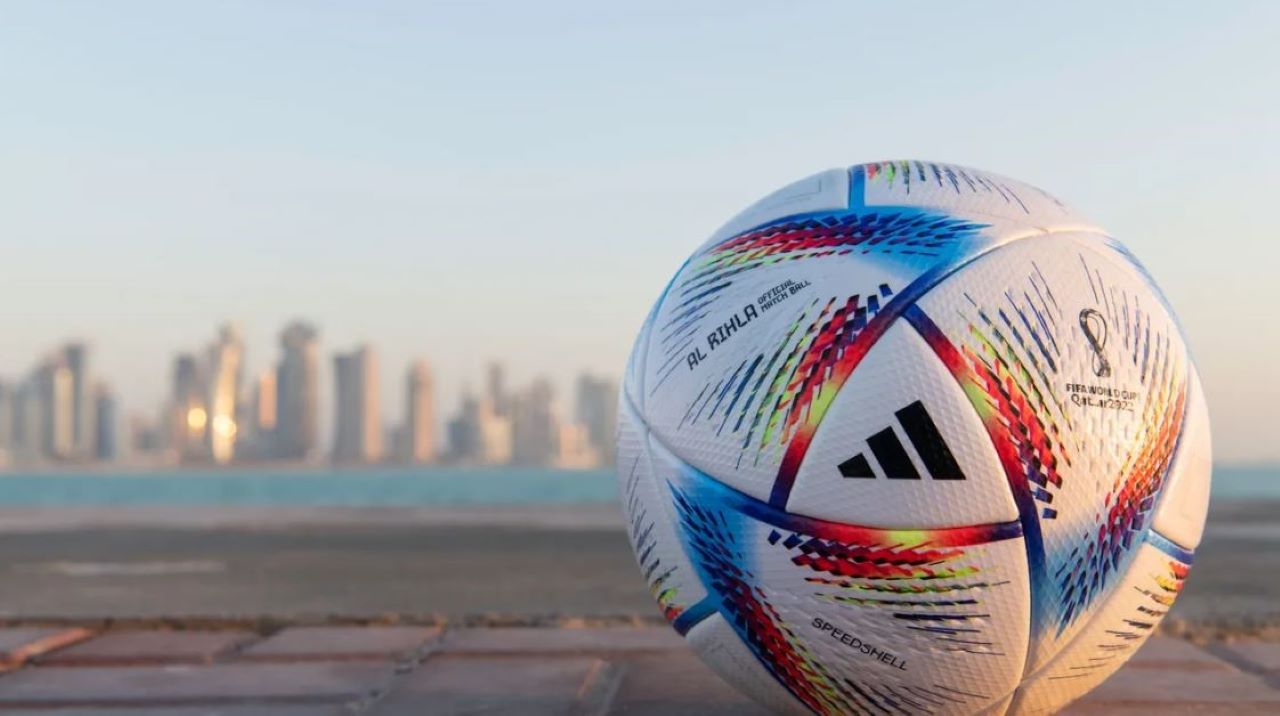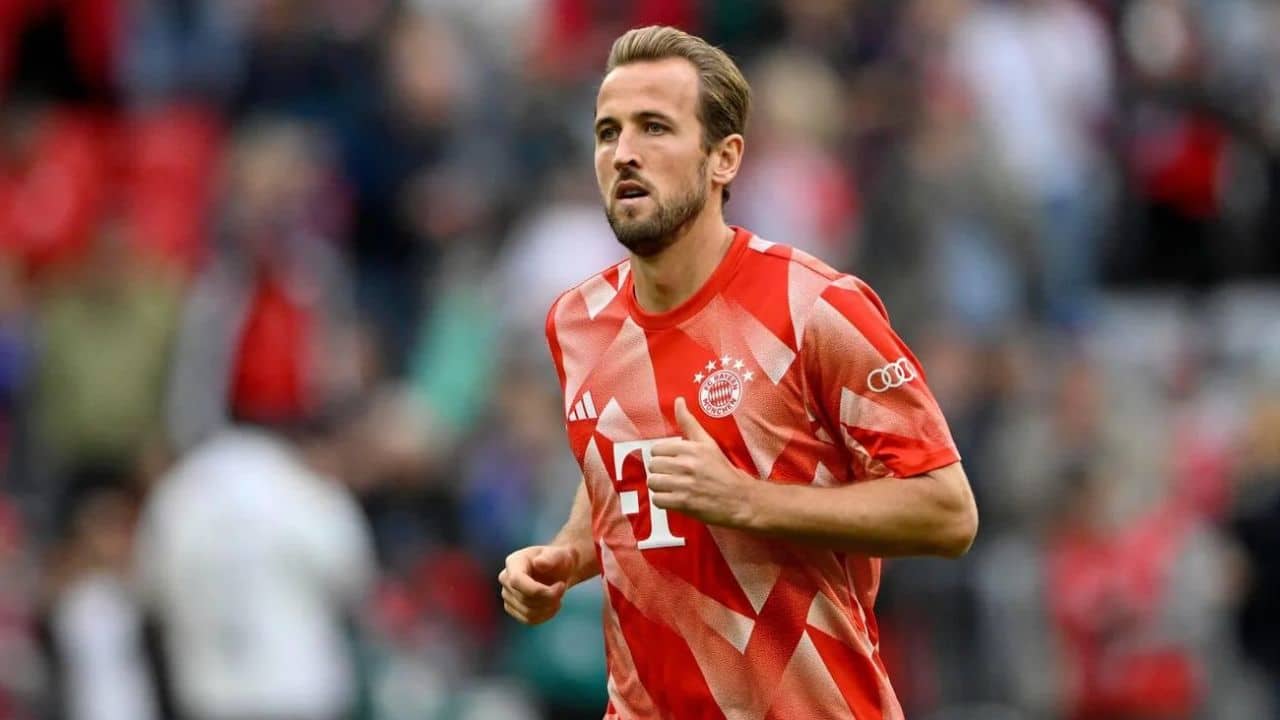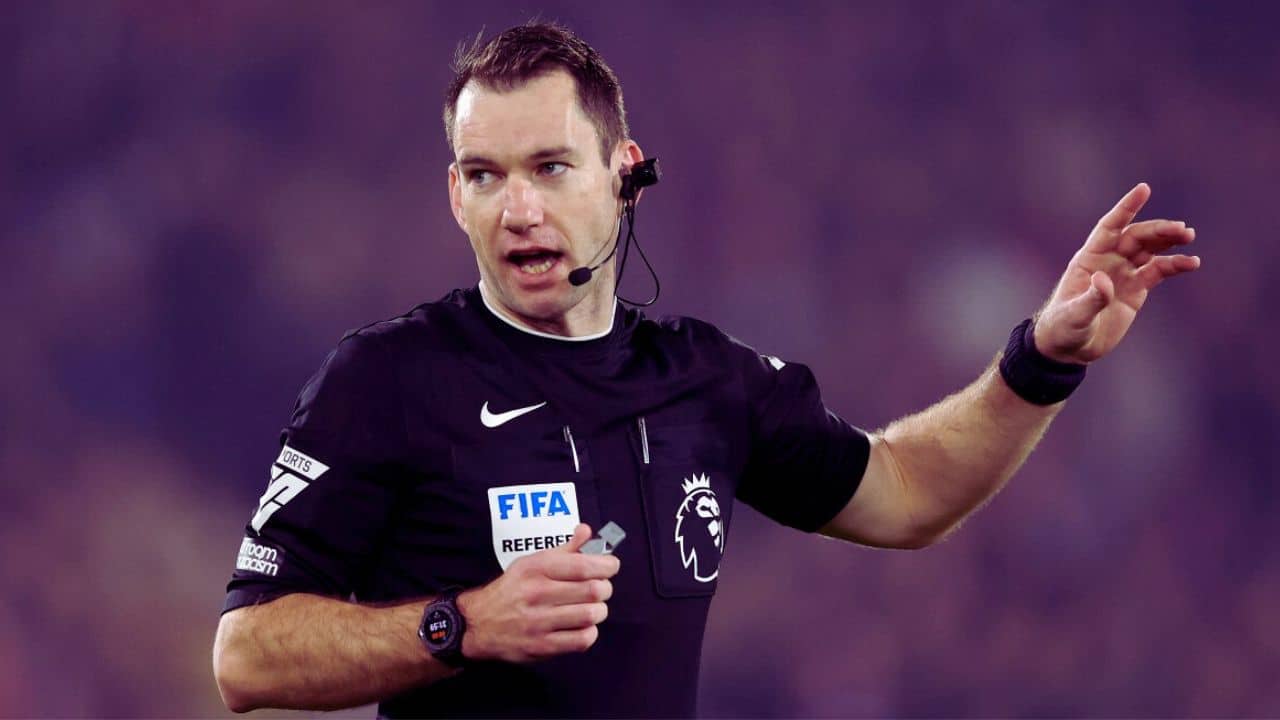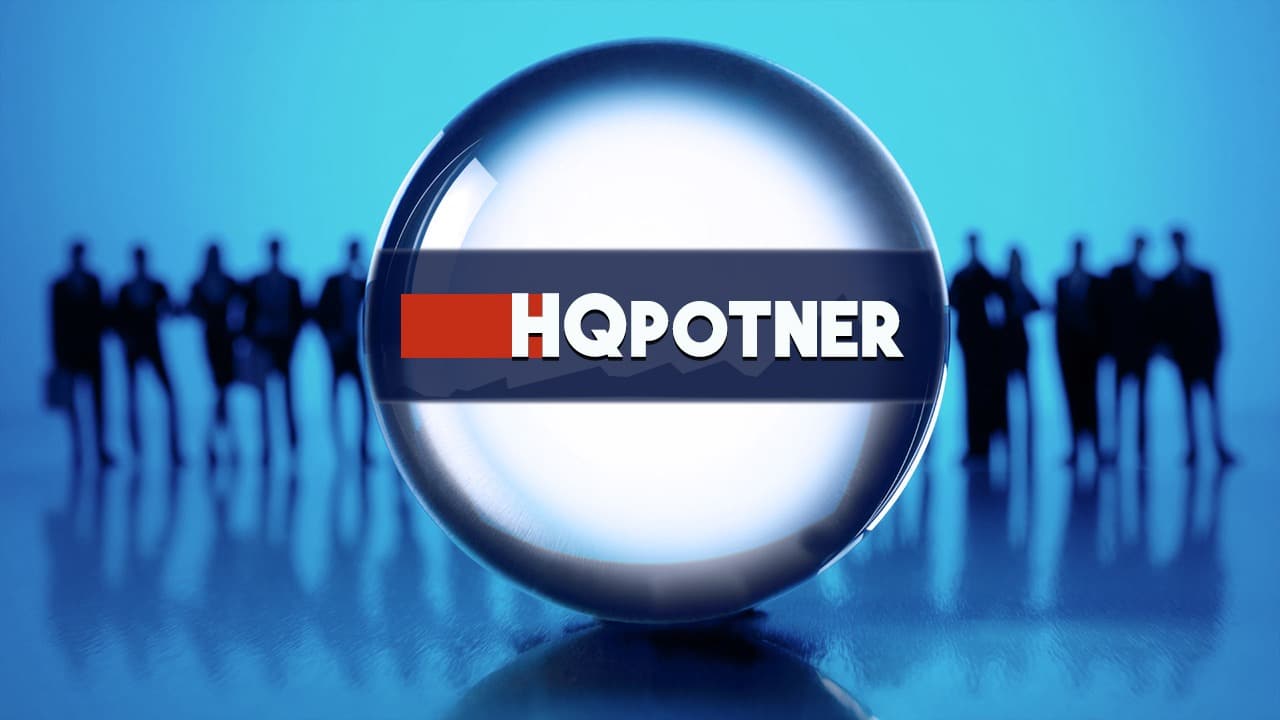Football is, without a doubt, the most popular sport in Europe, but it is also a widespread, mainstream sport all across the world, -even in the US where it is called soccer – regardless of whether it is deeply integrated to national cultures or not.
European football dates back to the late 19th century and until today it remains the top sport that fans identify with and sports bettors like to wager on. This is why all the world’s bookmakers, from the European online sportsbooks to the best sports betting sites Philippines, have a long list of different betting markets or commit their valuable resources to provide the most competitive prices and odds in football betting.
Football in some parts of the world – especially in Europe – has become sort of a ‘religion’ for the people who love this sport. Fans feel strong bonds and connections with their national or even local clubs, which usually stand for more than simple satisfaction and support – it involves deeper sentiments of pride and honor.
People don’t just follow their clubs. They love, adore and worship their favorite teams and this explains the phenomenon that match days -especially when there are big match-ups – become days of getting together, gathering around the television, attending the sports’ fields and generally celebrating the very issue of getting to watch -live or not – football. Not to mention that some match-days become blockbuster betting days, where most sportsbooks don’t even have to offer bonuses and promotions to get such a big number of betting slips.
For European fans everything comes down to their affection for the sport. They have a genuine commitment and devotion to their clubs – a behaviour that has been gradually and steadily built-in to their culture. They love football and they celebrate football in all its facets.
In the last few years we are witnessing an increasing interest on the part of American-based investments on football. American capital comes to European soil when it comes to football. In fact there are several top European football clubs in the major leagues like the English Premier League, the French Ligue 1, the Italian Serie A or the Spanish La Liga, which have come at the hands of American ownership – either full ownership or even partial ownership.
This Americanization trend has been around us for some time now, but it has become more evident lately with a slow -yet detectable – transformation of the relationship between fans and clubs. The once pure, deep connection that resembles a ‘religious-like’ connection is now taking on a more commercial nature.
European football clubs are so attractive for American investors for two basic reasons: first, the attendance and the viewership rates of every football match – whether it involves a big national or international league, or even a small local league – are huge and huge means a lot of money, either from tickets or from advertising time.
Second, European football is still a fertile, unleveraged and untapped market when it comes to commercialization and commoditization. Unlike the American NFL or MLB, which have been promoting the ‘dollar-spent’ culture to their fans, European football remains for the most part at least, a pure, naked religious-like thing for fans.
So, when big EPL clubs like Arsenal, Manchester United, Chelsea, Liverpool or Ligue 1 clubs like Marsellie or Serie A clubs like Roma and AC Milan have either a whole or a part of American underpinning in the management approach, some sort of commercialization emerges.
But this quite contradicts what European football fans feel for their clubs, what they expect from them and how they want to relate to them. Being loyal and committed to their club is on top of their agendas when it comes to football, something that is continuously now being tackled by more commercial bits inserted into this loyal and committed relationship.
The American funds invested in European football clubs are not the devils in the whole scenario. The fact that there is a totally different mentality and sports’ culture in the two continents does not make them the bad guys. It is just a matter of fit. European fans experience a dissonance, which becomes more vivid and bigger with the commercialization of football clubs.









































